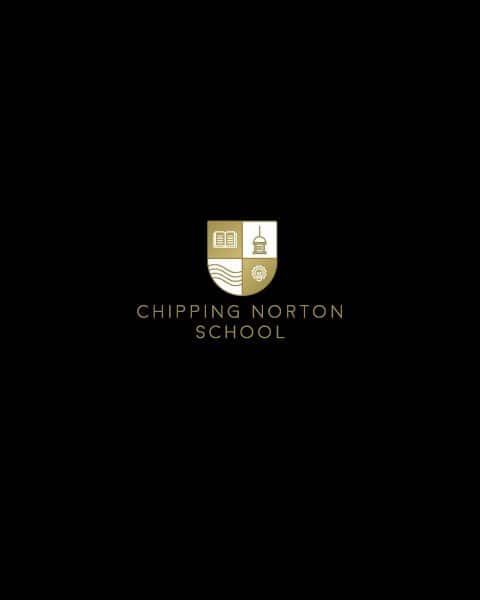Home » Our School » Supporting learning
Supporting learning
Learning Support at CNS
At CNS we believe that the most effective intervention for our SEND students is ‘quality first teaching.’ This means that the students’ engagement, progress and attainment hinges on their day-day-day experiences in classrooms, rather than small groups or one to one interventions.
Our emphasis on high-quality task design, explanations, modelling, practice and oracy have a significantly disproportionate impact on our SEND students.
However, our focus on those five teaching and learning strands will have even greater impact when teachers make adjustments that are sensitive to the specific needs of the children in their class.
Please follow this link which summarises some of the ways in which teachers are expected to make adjustments in the planning, delivery and assessment of their lessons for the benefit of our SEND learners. High Tempo Teaching And Learning.
Our Vision for Inclusion
We seek to create a school that is able to meet the rich and varied needs of all its students through a high quality curriculum experience that is founded on sound teaching and learning principles. We measure the success of our endeavours in both the students’ academic achievements, and their sense of belonging and wellbeing.
Achieving Our Vision
All of our practitioners (including teachers and learning support assistants):
- Consistently implement common teaching and learning principles and goals, so that all learning for all students is inclusive;
- Show an unwavering commitment to the belief that between us, we can play a transformational role in supporting the mental health and wellbeing of children and young people;
- Provide a socially, emotionally, academically and physically safe environment so that children can thrive.
Breadth & Depth
We believe that every topic is important and that all of our students ought to engage in the entire curriculum. This is why we ask our teachers to adapt their lessons so that students of all abilities can dive into the entire breadth of the curriculum; but each to their own depth.
Each topic in every subject has been carefully selected to fit into a seven-year flow of learning. Each new topic connects to the past and over a period of time a student’s knowledge and their skills advance as they approach mastery of each subject.
However, every topic can be examined to infinite depths. Let’s take a famous book, Maggot Moon by Sally Gardener. Every student could read that book and enjoy a story about an alternate future where the Nazis have won the Second World War. Themes around truth, friendship and power are accessible to all students. Other students will swim more deeply and explore themes connected to dyslexia, class and race. Others may go even further and uncover an exposé on the nature of evil and ponder the suggestion that he who wins gets to write the history.
Key Stage 3
Students with SEND are supported in a variety of ways depending on their individual needs. Examples include:
- Literacy support – this is offered as a discrete provision in small groups, delivered by trained staff.
- In-class support is offered to those students who would benefit from extra help in lessons, however, we do encourage students to be independent learners and not to become over-reliant on Learning Support Assistants (LSAs)
- Curriculum Support Assistants are available in English, Maths and Science.
- Support during Y9 in making option choices.
Key Stage 4
Students with SEND continue to receive support as necessary in KS4. Additionally:
- Students with learning needs are assessed at the end of KS3 for exam concessions and supported in exams accordingly.
- During KS4, students with SEND are supported in making appropriate choices for further training or college courses when they leave school.


